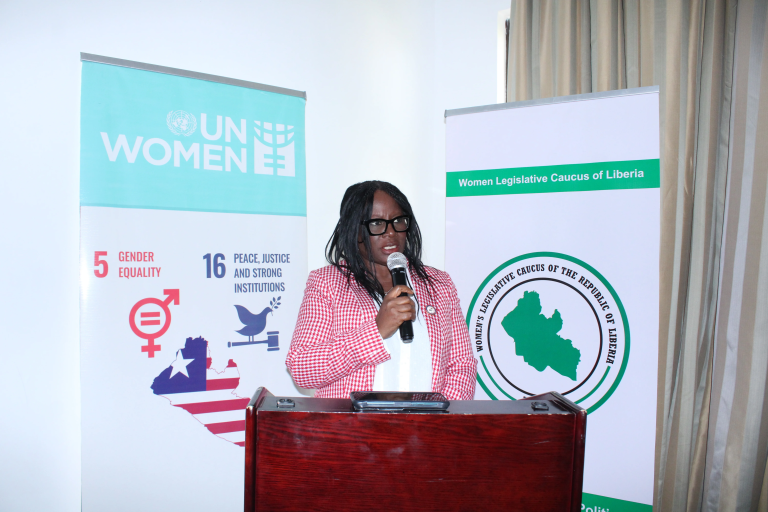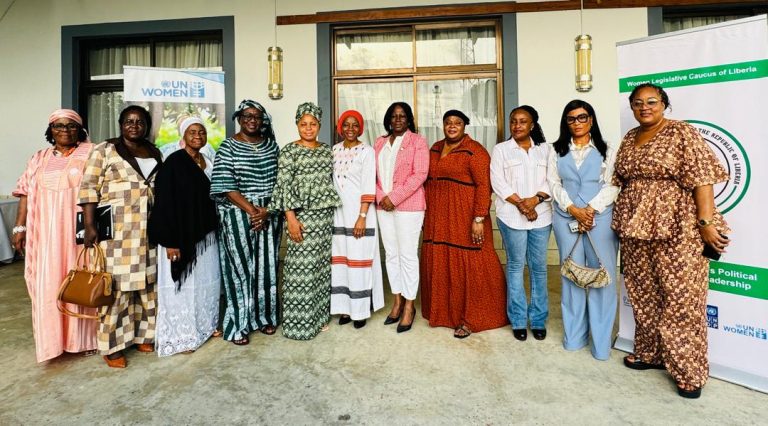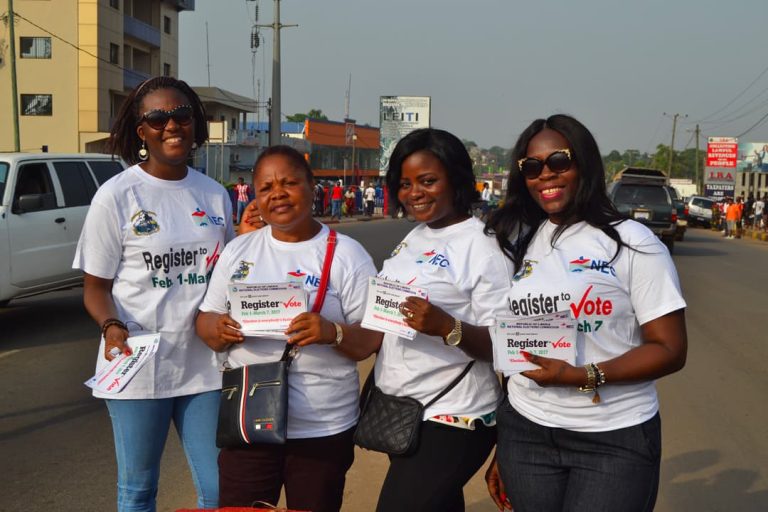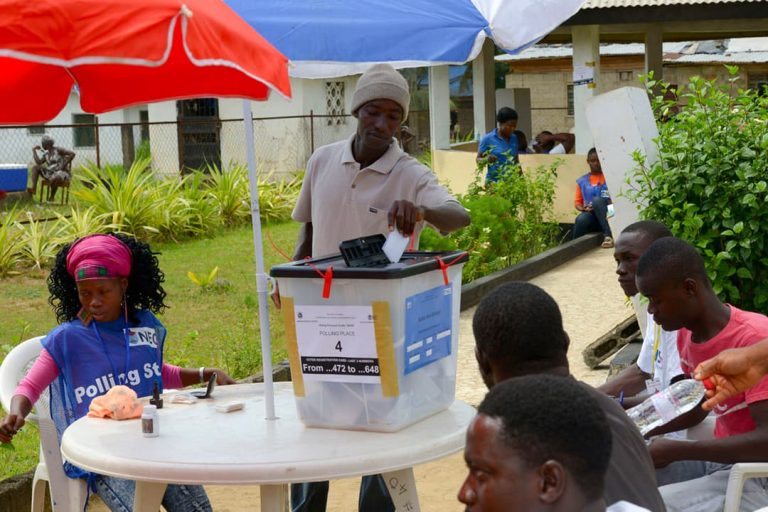Liberia Electoral Support Project: Promoting a more inclusive and accountable democracy in Liberia
(2020 – 2026)


The Liberia Electoral Support Project was launched in September 2020 to support the Liberian Government to conduct credible, transparent, inclusive and safe elections, leading to accountable and confident public institutions. It worked to achieve this for the 2023 general elections through strengthening the transparency and inclusiveness of electoral processes, enhancing the institutional capacity and accountability of the National Elections Commission (NEC) and other electoral stakeholders, and strengthening conflict prevention and mitigation mechanisms to support the peaceful conduct of elections.
Initially scheduled to run to mid-2024, the Project was extended as the Liberia Electoral Support Project Plus until December 2026 within a broader governance framework. This seeks to support the Government of Liberia in its efforts to strengthen the quality of democratic governance in the country and respond to challenges including weak institutions, underrepresentation of youth and women in political processes, electoral system challenges, marginalization of vulnerable groups and weak legislative oversight.
With the overall goal of promoting a more inclusive and transparent democracy in Liberia, UNDP works in partnership with UN Women and the Netherlands Institute for Multiparty Democracy (NIMD), and in close collaboration with the NEC and other national partners. The Project is a multi-donor arrangement co-funded by the European Union, Irish Aid, Embassy of Sweden and UNDP.
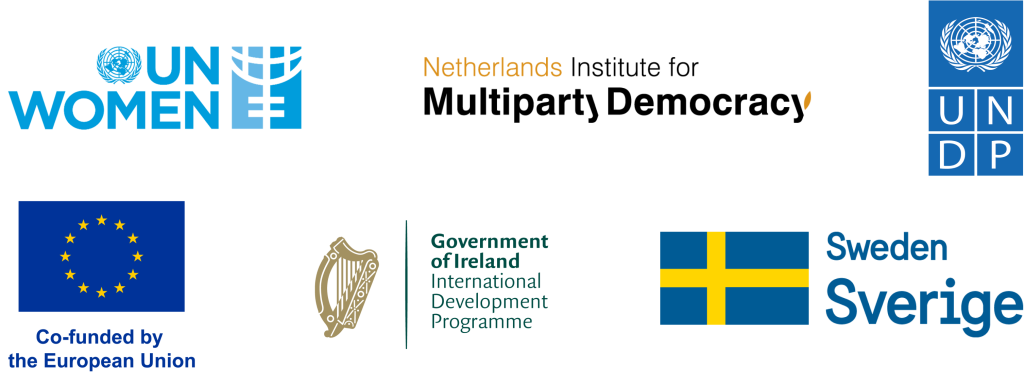
Elections
December 2020
Special Senatorial Elections (half of the Senate) and the Constitutional Referendum
10th October 2023 (Presidential Run-Off 14 November 2023)
Presidential and Legislative election
2029
Presidential, Legislative, Senatorial
million people are included on the voter list, of which 49.9% are women and 50.1% are men in 2023.
tactile ballots were introduced to polling stations
national voter turnout in the 2023 elections
Videos
Our objectives
Under the goal of promoting a more inclusive and transparent democracy in Liberia, UNDP and its partners are working to achieve the following objectives:
- Enhanced electoral cycle and sustenance of peace
- Enhanced participation of women and marginalized groups in political processes
- Increased state accountability (through increased legislative oversight).
Bld du Régent, 37 – 1000 Brussels
+32 (0)2 513 53 73
info@ec-undp-electoralassistance.org
